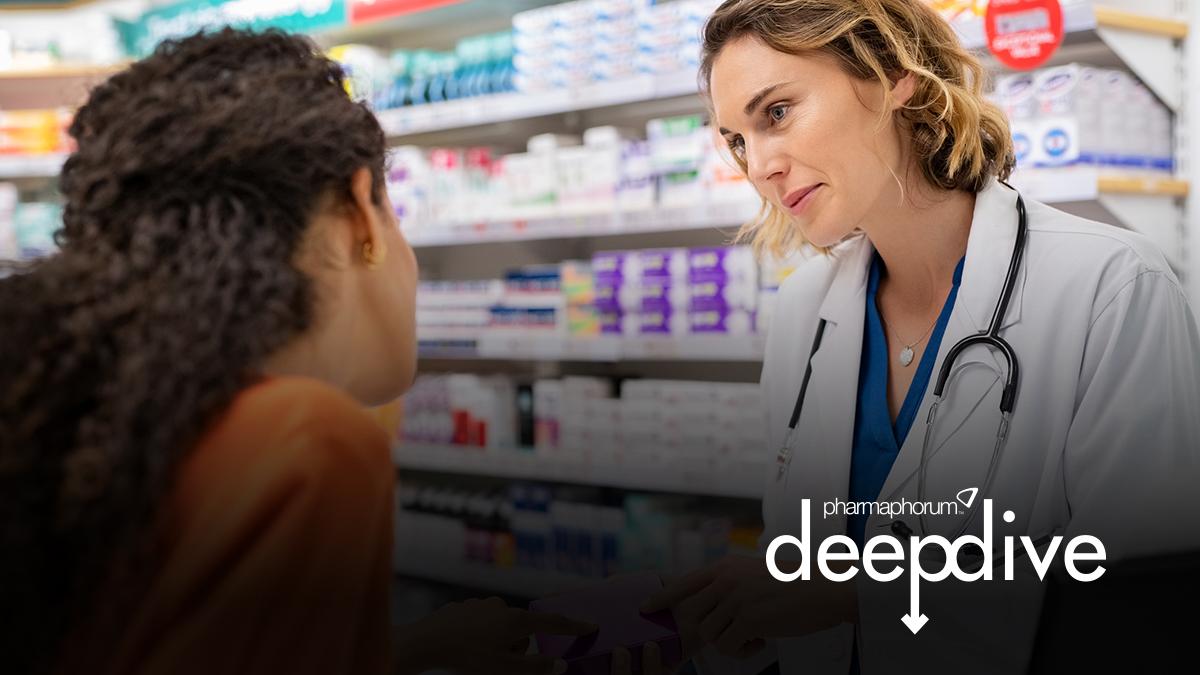How the hyperlocal delivery model could empower pharmacists and support the struggling NHS

The NHS is currently facing significant challenges, including staff shortages, union strikes, supply chain issues, and increasing patient volume. This is coupled with a slow adoption of digital service offerings, which in the current climate could alleviate backlog and streamline services.
Since the COVID-19 pandemic, more companies have brought their services online, causing an acceleration in digital transformation – described by experts as a ‘technology tipping point’. UK consumers embraced this new level of convenience, and delivery-based businesses capitalised on this development, connecting customers with various retailers at the touch of an app.
In the pharmaceutical industry, there are many innovative technologies at our fingertips; in most cases, it seems counterintuitive for the sick to have to physically attend a pharmacy to collect prescriptions and purchase P-Meds and over-the-counter medications. Beyond this, many demographics struggle to visit the brick-and-mortar pharmacy, such as people with disabilities or chronic pain. Other demographics would also benefit from a fast delivery service, such as busy business professionals and parents of young children.
With so many potential benefits, it begs the question: why has pharma been slow to adopt the hyperlocal delivery model, and how can it play a crucial role in supporting the NHS and its various stakeholders in 2023?
• Read the full article in pharmaphorum's Deep Dive digital magazine












